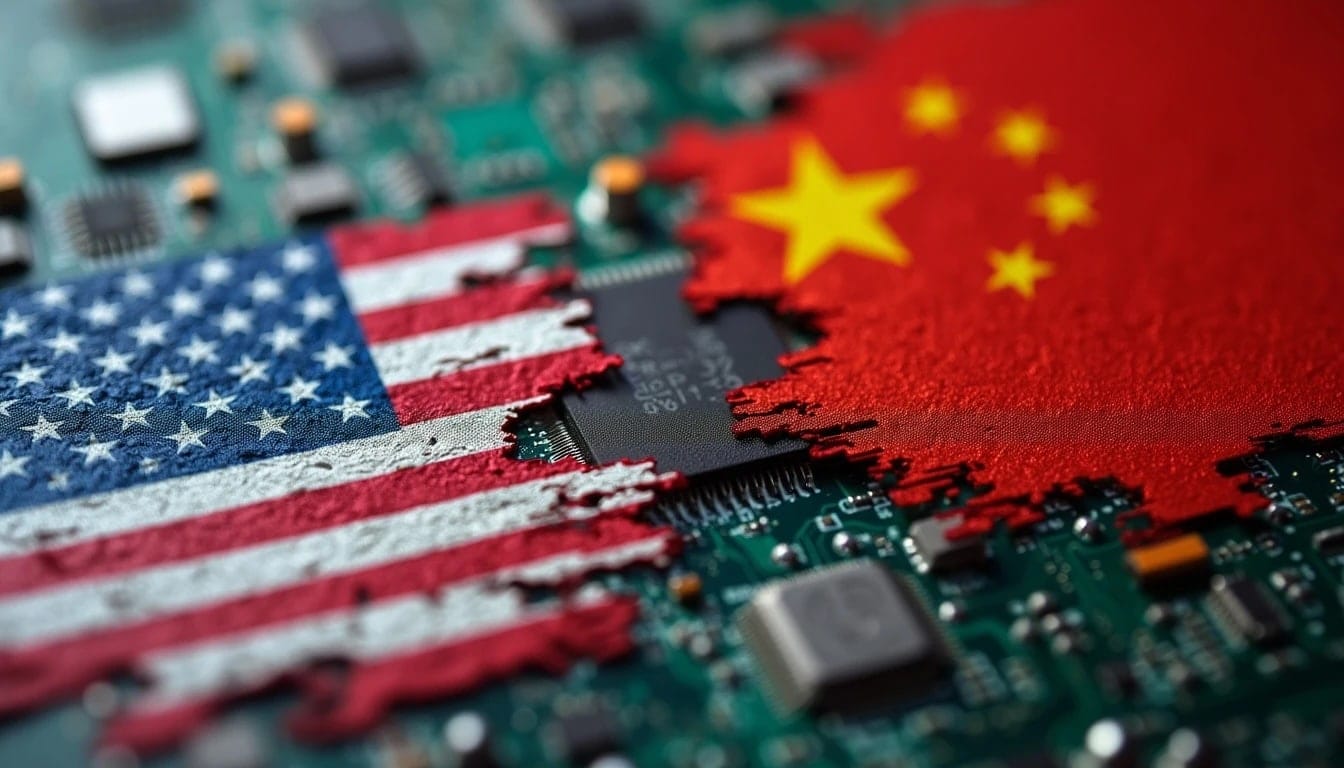Despite the strict controls imposed by the United States to limit China’s access to advanced hardware, the Asian technology market has found ways to circumvent the sanctions and acquire NVIDIA’s powerful Blackwell GPUs. Networks of traders and distributors have developed alternative acquisition methods through third countries like Malaysia, Vietnam, and Taiwan, allowing these chips to reach Chinese territory within weeks.
This situation has provoked a strong response from the U.S. administration, with former President Donald Trump pushing for even tougher sanctions and exploring a total chip blockade to Asia.
China finds ways to acquire AI chips despite blockades
The restrictions imposed by the U.S. have caused the prices of servers with Blackwell GPUs in China to skyrocket, reaching as high as $600,000 per unit. This black market has not only facilitated the entry of the Blackwell series but has also maintained the availability of the Hopper generation (H200 and H20), widely used in artificial intelligence applications.
Even Chinese universities in Shenzhen and Wuhan have managed to acquire this equipment, demonstrating that access to AI hardware remains viable despite the U.S. efforts.
The U.S. tightens controls and plans drastic measures
In light of this situation, Washington has ramped up monitoring of the chip trade, strengthening controls over the sale and distribution of advanced technology. Companies like NVIDIA have implemented stricter checks to prevent their products from indirectly reaching the Chinese market.
Trump and his team are working on new sanctions targeting countries and companies involved in the resale of AI chips, which could affect countries like Singapore and Taiwan, which have begun to tighten their scrutiny over these transactions.
Can the U.S. stop the flow of chips to China?
As restrictions increase, smuggling networks are also evolving. What once was limited to trafficking small quantities of processors has now turned into a sophisticated logistical web, with intermediaries capable of managing payments, documentation, and large-scale transportation.
In the coming months, it is expected that the U.S. will announce new measures to attempt to completely block China’s access to AI hardware, but the major unknown remains: will these sanctions be effective or will the black market find new ways to operate?
Reference: WSJ

